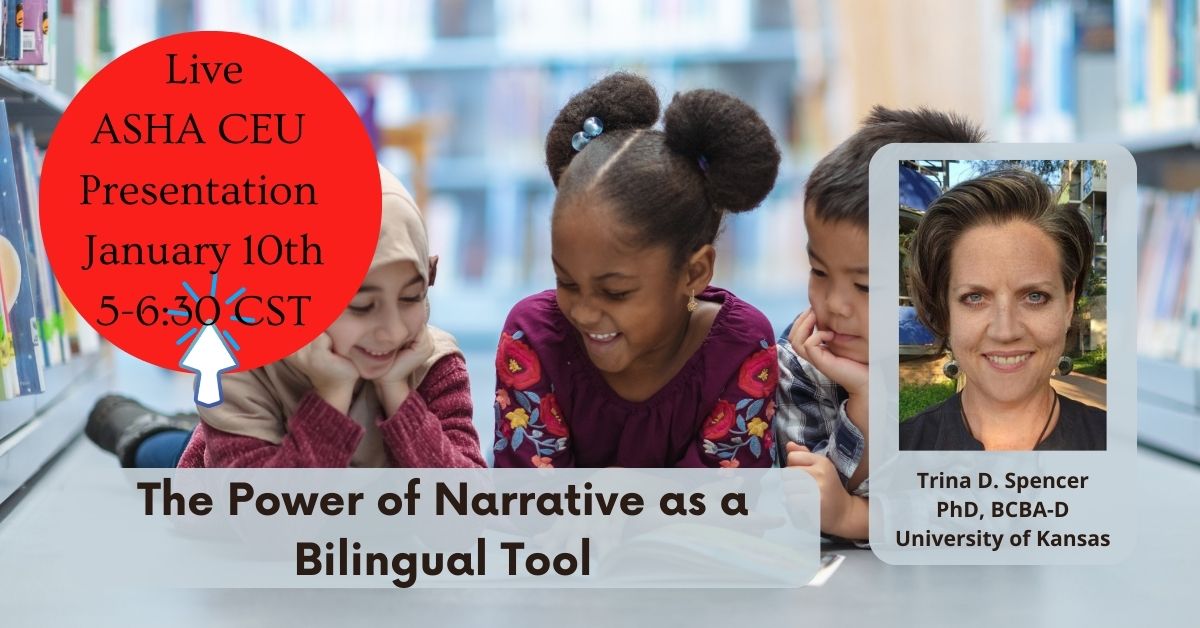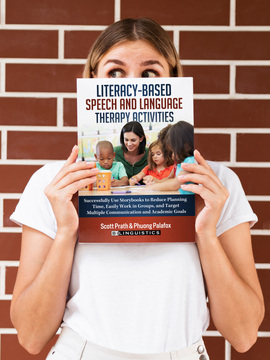You would think that behavior, bilingual intervention, the referral process, vulnerable populations, and narrative development are all separate issues. In a conversation with Dr. Trina Spencer from the University of Kansas, she wove these topics together in a very unique way and we captured the highlights from our conversation in 5 quick videos.
Dr. Spencer is a senior scientist and director of the Juniper Gardens Children’s Project at University of Kansas and holds faculty appointments in the Departments of Applied Behavioral Sciences, Speech-Language-Hearing Sciences, and Special Education.
Check out her responses below and then join us in January for her presentation and the January 2024 SLP Virtual Conference on Literacy and Language Intervention. Attend just her session or the whole event!





